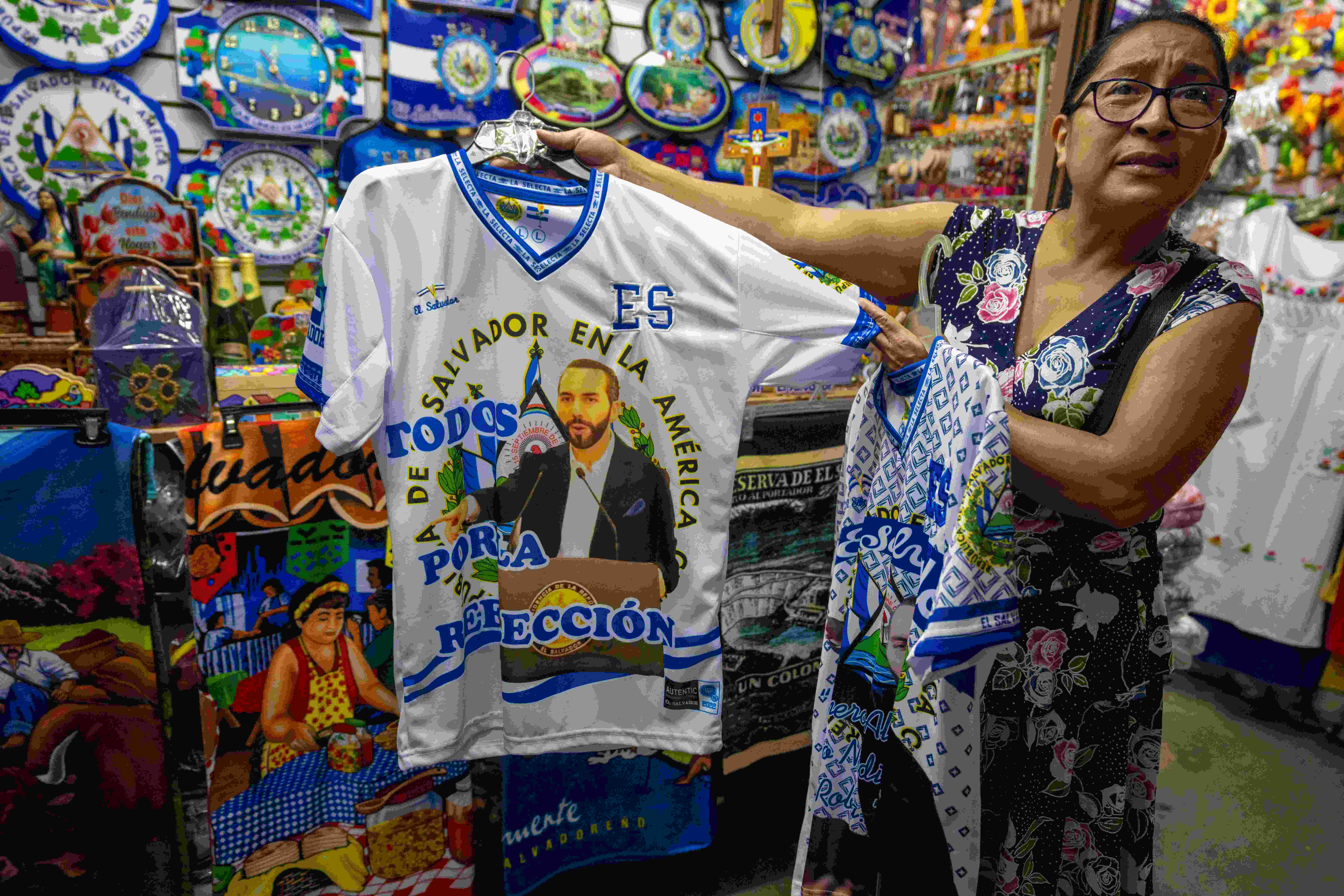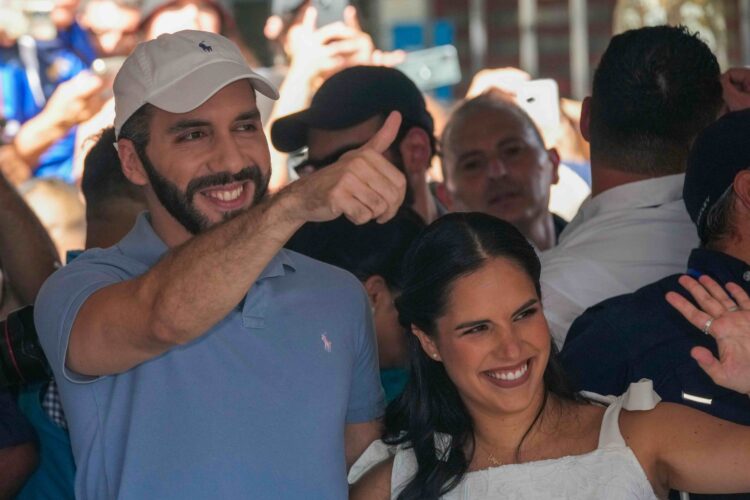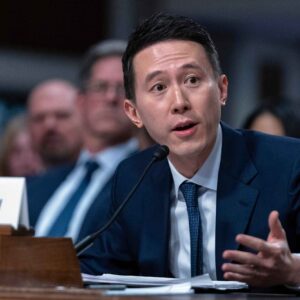Nayib Bukele has been reelected president of El Salvador in a predicted landslide victory. Prior to the election, polls indicated he had a 90 percent approval rating with the citizenry of his country. Early exit polling bore that out, seeing him take 87 percent of the national vote.
His tough-on-crime administration, featuring the declaration of a state of emergency to imprison MS-13 gang members without court approval, has gained him the love of a people fatigued by chaos—as well as the scorn of humanitarian watchdog groups. As of 2015, El Salvador was considered “the homicide capital of the world,” experiencing one murder every hour and surpassing war-torn Iraq in violence. Now, it is one of if not the safest country in the western hemisphere: by imprisoning just 1 percent of the population, he has reduced homicides by 70 percent.
Nayib Biukele es reelegido como presidente en El Salvador (CID Gallup – Boca de Urna) #EleccionesElSalvador2024 #cidgallup #bocadeurna pic.twitter.com/27LNpVknqj
— CID Gallup (@cidgallup) February 5, 2024
He is the first Salvadoran leader in nearly 100 years to get reelected. The current constitution forbids presidents from seeking reelection, but Bukele has rejected this precept on the grounds that all developed countries permit second terms.
The part-Palestinian son of a businessman beat candidates from five different political parties, including two from the parties that reigned over the country for 30 years until his first victory in 2019: the leftist guerilla army-turned-political party Farabundo Marti National Liberation Front (FMLN) and the right-of-center Nationalist Republican Alliance (ARENA).
Learn the benefits of becoming a Valuetainment Member and subscribe today!
International Reception
While the 42-year-old appears as a hip young charmer to some, having made Bitcoin legal tender and having invested heavily in the technological capabilities (robots, arts, etc.) of libraries for the youth, his criminal justice tactics have also incurred the disapproval of several human rights groups and some progressive members of US Congress.

(AP Photo/Moises Castillo)
Rep. Ilhan Omar (D-MN) and several other Democratic US lawmakers called on Secretary of State Antony Blinken to intervene in the Salvadoran election, claiming that Bukele has violated democratic norms by seeking re-election and by allegedly jailing political opponents. Media outlets financed by billionaire megadonor George Soros have also accused Bukele of political malfeasance. Bukele has scoffed off these claims, writing back that he welcomes their condemnations as badges of honor.
His policies have sparked a kind of movement throughout Latin America, with the leaders of several countries adopting his program to curtail their own violence and to curry favor with their populaces. Citizens of other Latin countries receive Bukele with street parades and rallies when he visits, and candidates are now running on platforms explicitly modeled on the Bukele doctrine.
Voters Abroad
As Bukele showed through a series of retweets, the Salvadoran elections were held around the world for the nation’s diaspora.
Bukele has been very clear that he wishes fewer Salvadorans would emigrate, saying time and time again that he dreads illegal immigration for what it does to El Salvador’s economy. Bukele has also made it clear he resents Western governments and humanitarian groups for intervening in El Salvadoran politics in the past, blaming them for the downfall of his nation.
📍Milán, Italia 🇮🇹 pic.twitter.com/0jTeejZtLO
— Nayib Bukele (@nayibbukele) February 4, 2024
📍Elizabeth, New Jersey pic.twitter.com/DQbGvRJRP4
— Nayib Bukele (@nayibbukele) February 4, 2024
📍Katy, Texas pic.twitter.com/f7XIKwMNnV
— Nayib Bukele (@nayibbukele) February 4, 2024
Largas filas en las votaciones en España 🇪🇸 pic.twitter.com/vjUzfMRl0A
— Nayib Bukele (@nayibbukele) February 4, 2024
¡Las elecciones ya iniciaron en China! 🇨🇳 https://t.co/x3mcJRpL2H
— Nayib Bukele (@nayibbukele) February 4, 2024
¡Las elecciones ya iniciaron en Japón! 🇯🇵 https://t.co/U5ohByGgaH
— Nayib Bukele (@nayibbukele) February 3, 2024
Me enviaron esto desde Australia 🇦🇺, donde ya iniciaron las elecciones ❤️ pic.twitter.com/h97vyxeQUo
— Nayib Bukele (@nayibbukele) February 3, 2024
 Shane Devine is a writer covering politics, economics, and culture for Valuetainment. Follow Shane on X (Twitter).
Shane Devine is a writer covering politics, economics, and culture for Valuetainment. Follow Shane on X (Twitter).


















Add comment